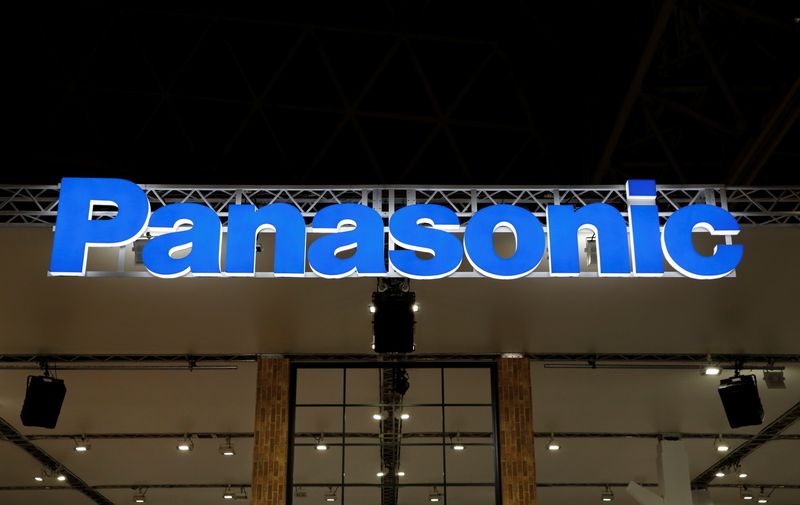LAS VEGAS (Reuters) - Japan's Panasonic (OTC:PCRFY) Holdings' automotive systems business launched a new platform at the CES electronics trade fair in Las Vegas which it says can make in-vehicle computing faster and lighter by reducing the number of electronic control units (ECUs).
The architecture, which the company calls a high-performance compute system, brings together multiple ECUs into a nucleus to handle functions for in-car features such as driving support and entertainment, the company said in a statement.
Amid the worldwide shift to electric vehicles, automakers are looking to distinguish themselves from competitors on their software offerings, an area where suppliers are seeking to help them. EVs have also helped give rise to so-called software-defined vehicles that can be upgraded wirelessly.
Panasonic Automotive said its new system, which is named Neuron, could help reduce the cost, weight and integration complexity of vehicles by removing redundant components.
